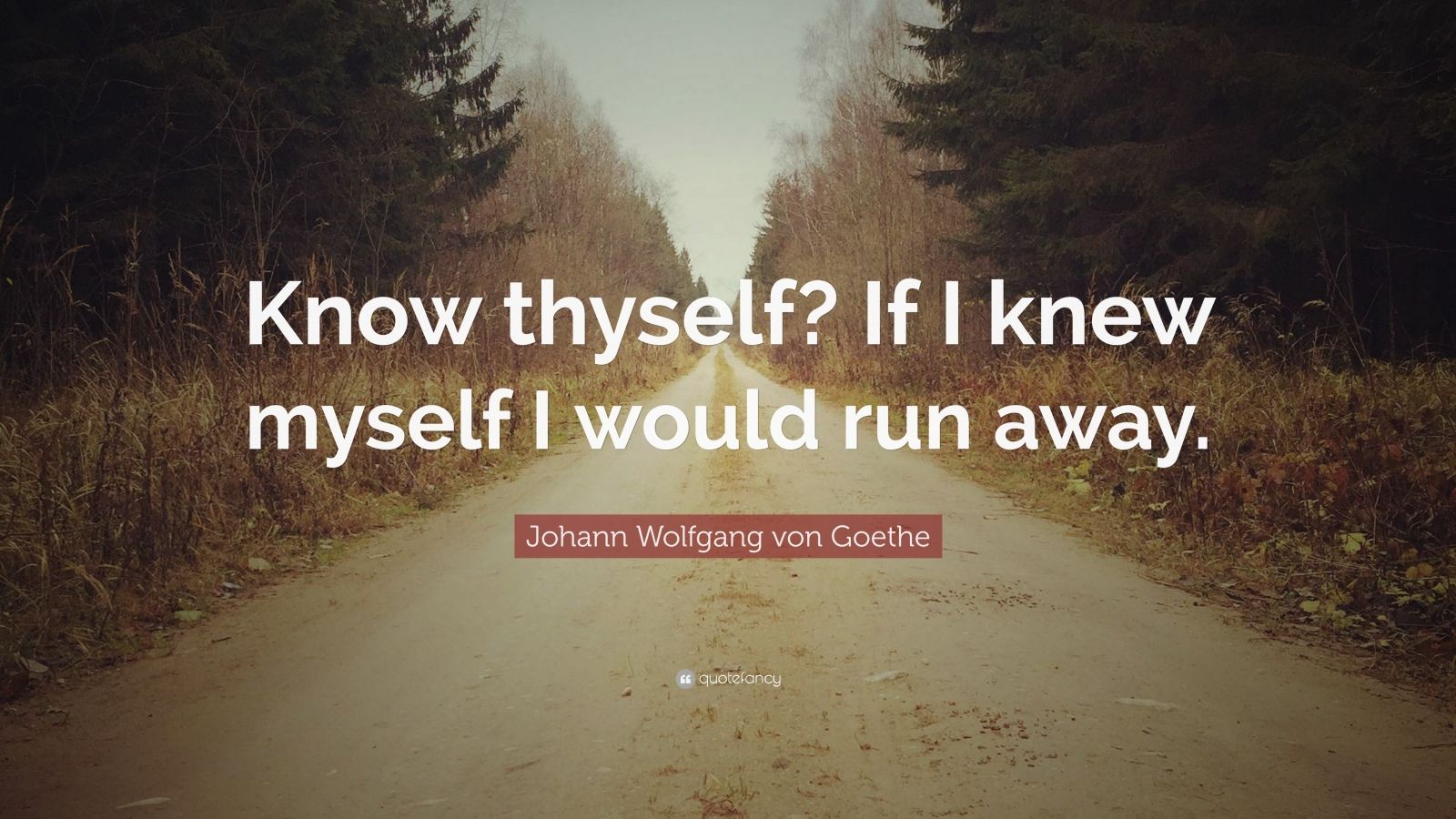Laurence Barrett, linkedin.com, March 2, 2019
Who am I? Where am I from? What do I do?

image (not from article) from
The answers to these questions help us and others feel safe. They provide us with an identity; a clear boundary which reduces the doubt and uncertainty we all feel when faced with any indefinable quality. The establishment of this ‘comfort zone’, inspired by social structures and norms, prevents what may be termed ‘ego deintegration’ and the sense of falling apart that may come when we enter uncharted territory (Fordham, 1988). For most of us, certainty, stability and the approval of our societies are better choices than ambiguity, volatility, and a sense of standing alone.
Seldom however do we stop and reflect on the answers we give: Where does this sense of identity come from and what does it really mean?
Jung described identity as an unconscious 'conformity’ (Jung, 1971, p.741), where, through the process of identification (Jung, 1971, p.738), we take on the attributes of our world with little conscious consideration for the implications of the mask we are creating. These attributes may come from the experiences and figures of our own childhoods, or from the stories and imagery of the cultures surrounding us; from our ancestors and the events that in turn shaped them.
We then cling to these attributes, holding tighter as the uncertainty of the world demands a safe place and in our focus become like the ant in a verse by the Persian poet Rumi (2003).
‘An ant hurries along the threshing floor with its wheat grain, not knowing the abundance all around. It thinks it’s one grain is all there is to love. So we choose a tiny seed to be devoted to. This body, one path or one teacher.’
However in this reduction and simplification of the world we also separate ourselves from it. Under pressure we take a ‘paranoid-schizoid’ position (Halton, 1994), where difference itself becomes a threat. We project traits onto others we cannot accept in ourselves and simplify the world to a place where we can despise it from the fortress of our own goodness.
Over time however, we may come to understand and appreciate the complexity and contradictions within us. We may gradually recognise and integrate the conscious and unconscious aspects of our psychology and to separate from our externally defined identities. We may experience a growing sense of self-acceptance and ‘wholeness’ as we begin to fully appreciate both our uniqueness, and our interconnectedness with the world in which we live. We begin to see through our fixed identities, letting them pass into and out of view without clinging to them and we no longer need their protection. Jung called this process ‘individuation’ (Jung, 1971, p.757).
Therefore instead of asking ‘who am I’, we may be better served by also asking ‘…and how do we relate’, for the quality of our relationships and the mutual understanding they bring may serve us better than the isolation of identity.
Rumi completed his verse with the injunction ‘look wider and farther’ and we would do well to reflect on this. It is after all a big world.
References and Further Reading
Fordham, M. (1988). The Infant’s reach. In Psychological Perspectives. Journal of San Francisco Institute for Analytical Psychology.
Halton, W. (1994) Some Unconscious Aspects of Organisational Life. In Obholzer, A. and Zagier Roberts, V. The Unconscious At Work. East Sussex: Routledge
Jung, C.G. (1971). Psychological Types. In Read, H., Fordham, M., Adler, G., and McGuire, W. (eds.) The Collected Works of C.G. Jung: Vol. 6 of 20 Volumes. Princeton, NJ: Princeton University Press
Rumi (2003). The Book of Love: Poems of Ecstacy and Longing. New York, NY: HarperCollins
No comments:
Post a Comment